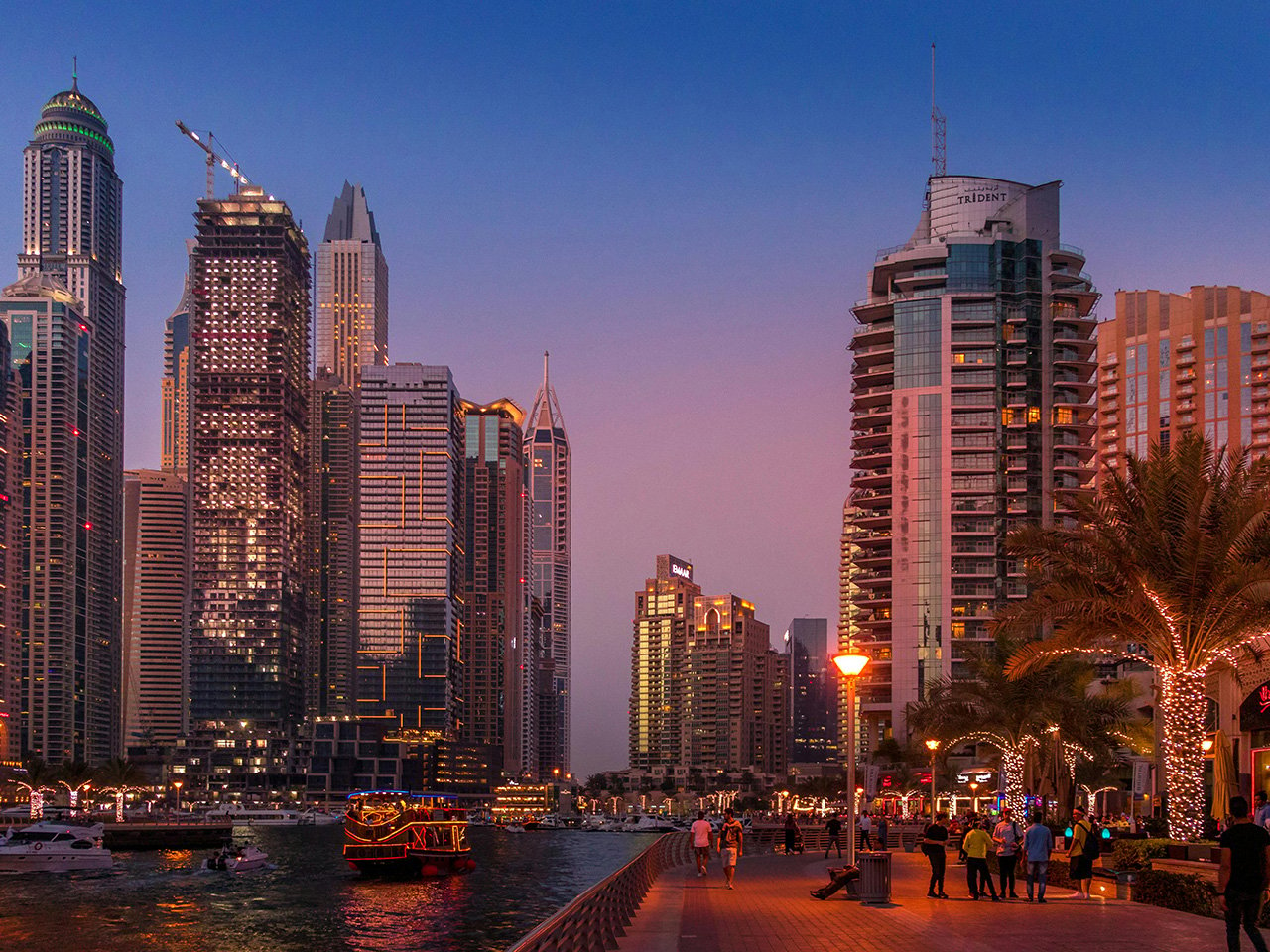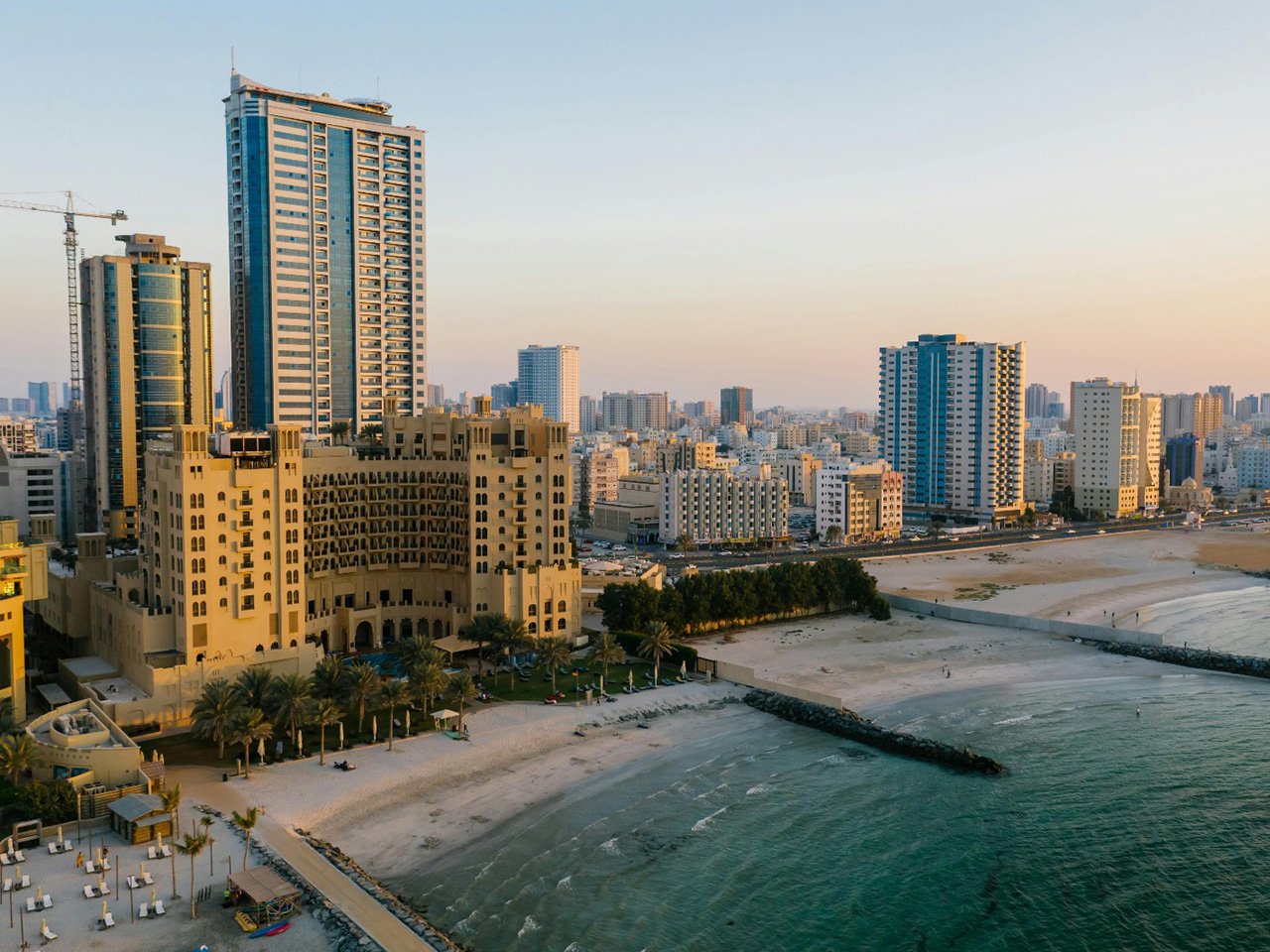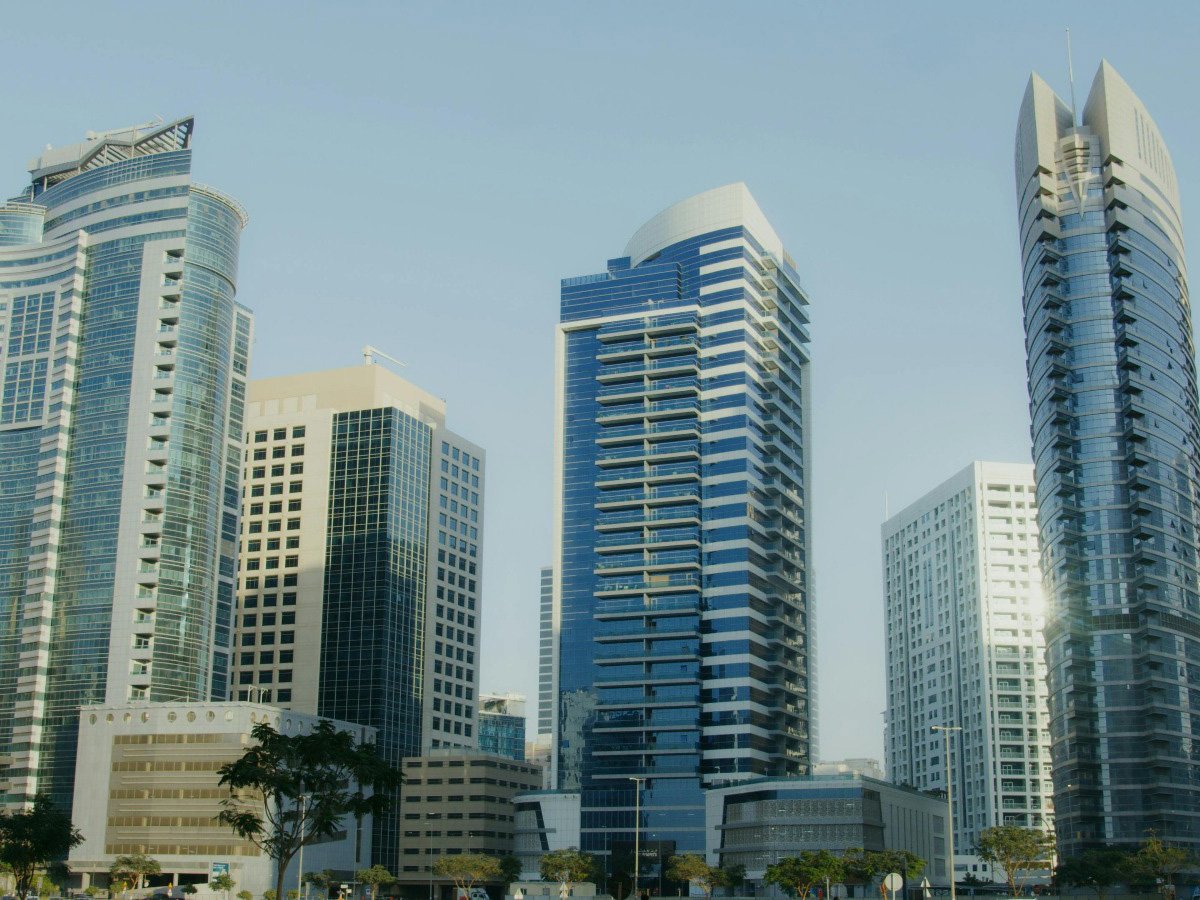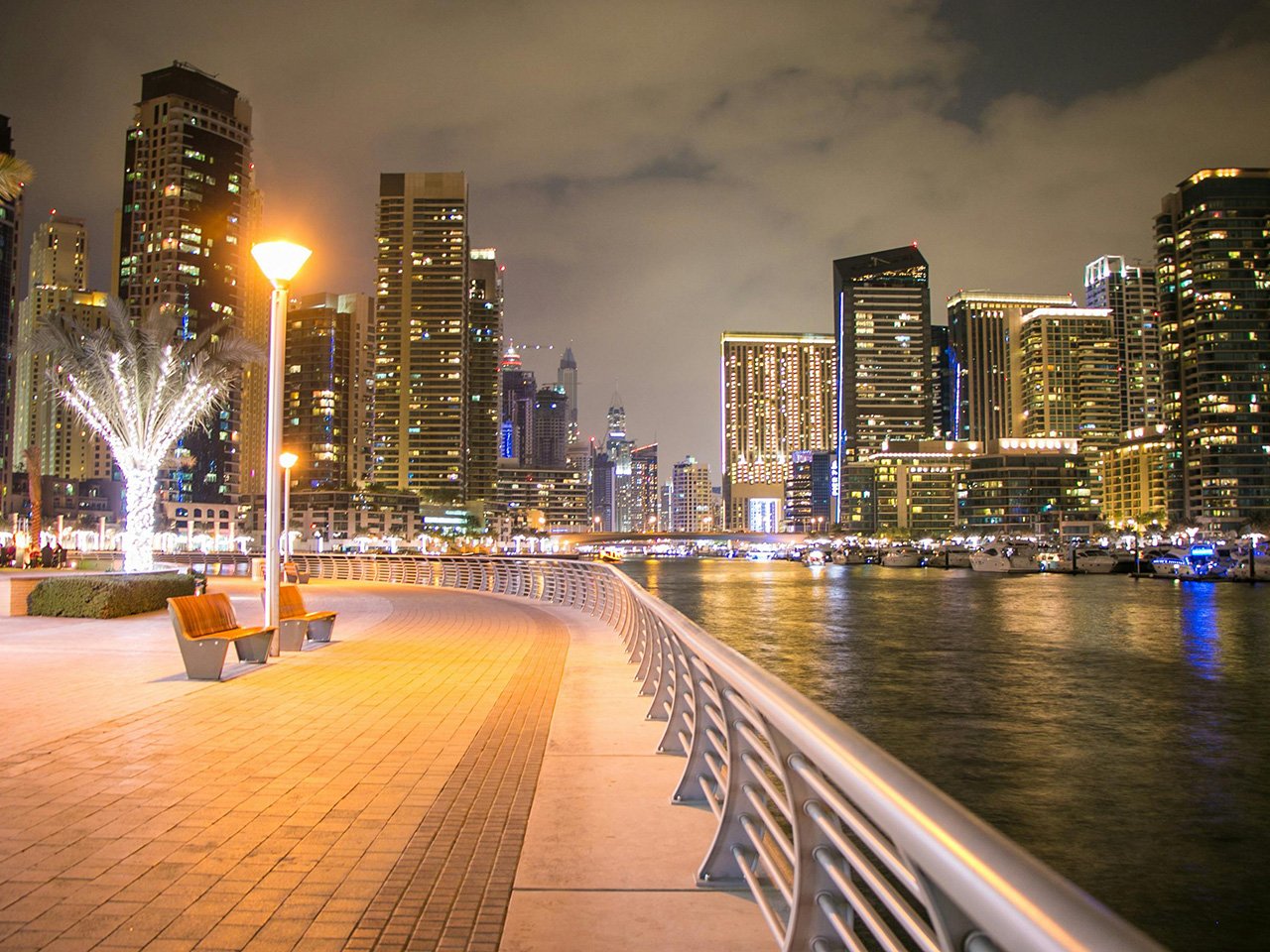Dubai: an alternative to UK non-dom status for investors
- No remittance tax: Dubai does not tax foreign-earned income or transfers, unlike the UK non-dom regime, which imposes charges after seven years.
- Tax residence without inheritance tax: The UAE applies no inheritance or estate tax at the federal level.
- Financial stability with no income tax: Dubai offers a zero personal income tax environment, together with clear residency pathways.
- Ideal for cross-border diversification: Foreign investors can own freehold property and access a multi-currency banking system.
With the sunset of the UK’s non-dom regime, many international investors are reassessing their exposure to cross-border tax liabilities and future residency obligations. Strategic wealth planning, once anchored between London and offshore centres, is now in flux. In this environment, Dubai emerges as a regulator-backed jurisdiction that delivers long-term financial clarity and operational transparency. At Guardians Prime, we act not just as brokers, but as stewards of your portfolio. From regulatory frameworks to legal assistance, every aspect of your investment is managed with precision. For those facing the loss of non-dom advantages, our role is to pre-empt uncertainty and secure financial stability through tangible real estate assets supported by Dubai’s evolving legal infrastructure. It is not just a move; it is a safeguarded transition.
Why UK non-doms are searching for a new fiscal home
For decades, the UK’s non-dom regime gave wealthy individuals with overseas ties a clear incentive: protect foreign income and gains by paying tax only on UK-sourced profits while using the remittance basis. That shield is now being dismantled. From April 2025, HMRC will apply worldwide taxation regardless of domicile, drastically reducing the appeal of non-dom status.
The UK Chartered Institute of Taxation confirms that these reforms are structural, not cosmetic. Investors must therefore reassess not only their filing strategy but also their fiscal residence.
- End of the remittance basis: all UK residents, including former non-doms, will be taxed on global income from year five.
- Loss of benefits for long-term residents even if they have never brought funds into the UK.
- Annual charges become irrelevant: the traditional £30,000 or £60,000 flat-rate fees disappear because the exemption itself is removed.
- Former non-doms will face full self-assessment on foreign assets previously excluded.
- Planning burdens rise substantially, prompting many to consider investor-friendly hubs such as Dubai.
In this climate of regulatory tightening, fiscal certainty and asset protection are now critical drivers of geographic mobility for global investors.
Dubai vs UK: head-to-head tax comparison that matters
For international investors, the real difference lies not only in return on investment but also in the taxation of income, capital and inheritance. The table below highlights how Dubai and the UK compare where it counts.
| Category | Dubai | United Kingdom |
| Income tax | 0% on personal income | Up to 45% (tiered system) |
| Capital gains tax | 0% on real estate if held personally | 18% to 28% for individuals |
| Inheritance tax | No inheritance tax | 40% above £325,000 threshold |
| Corporate tax | 9%, 0% in qualifying free zones | 25% on profits over £50,000 |
| Participation exemption | Yes on qualifying shareholdings | Yes, subject to strict requirements |
| Non-dom options | Dubai is viewed as a long-term alternative to UK non-dom status | Non-dom available but under political and legislative pressure |
For those accustomed to the UK’s complex tax regime, Dubai offers clarity. With no taxes on income or capital gains and targeted tax relief for companies operating in a free zone, it redefines fiscal efficiency. Independent think tanks frequently cite systems like Dubai’s as frameworks that support entrepreneurial freedom.
Transparency in offshore structures is no longer optional. Both jurisdictions apply economic substance rules. In Dubai, companies must maintain a demonstrable local presence to benefit from 0% corporate tax in a free zone. Whether you relocate or invest through a structure, ensure your operations meet these obligations.
Residency routes: securing your Dubai status fast
Dubai provides several streamlined residency options for non-residents who wish to establish tax residence while investing or working remotely. Whether you acquire property, launch a venture or retain global flexibility, the UAE has a route that fits your profile.
1. Investor visa, 2-year renewable
Invest between AED 750,000 (around 153 000 GBP) and AED 2 million (around 409 000 GBP) in Dubai real estate and obtain a two-year renewable residency. Physical presence requirements are low, making it suitable for investors who travel frequently.
2. Golden Visa, 10-year renewable
Invest more than AED 2 million (around 409 000 GBP) and you can qualify for the UAE Golden Visa, a 10-year residency that covers family sponsorship and delivers long-term security.
3. Remote work visa, 1-year renewable
Professionals employed outside the UAE can apply by proving a minimum monthly income, usually USD 3,500 or more. The visa lets you live in Dubai while remaining employed abroad.
Application steps, 2 to 6 weeks
- Select your visa route: investment, Golden Visa or remote work.
- Gather required documents: passport, proof of funds and recent utility bill.
- Complete the investment or verify employment, as applicable.
- Submit the application through Guardians Prime or the Dubai Land Department.
- Attend biometrics and await approval.
Our experts guide you throughout the property investment process, ensuring legal clarity and visa security from day one.
Leveraging the UAE free zone and corporate vehicles
For non-dom investors who seek operational flexibility and tax efficiency, UAE free zones such as the Dubai International Financial Centre (DIFC) and Abu Dhabi Global Market (ADGM) provide secure, internationally recognised platforms. These jurisdictions permit 100% foreign ownership and support special purpose vehicles (SPVs) that simplify real estate holding and estate planning.
Both DIFC and ADGM operate under common law frameworks aligned with international standards. They are widely adopted for SPVs, restricted scope companies and private foundations that separate risk, manage cross-border investments and streamline inheritance strategies.
Economic substance requirements and transfer pricing rules apply. When companies meet those standards, qualifying free zone income remains subject to 0% UAE corporate tax, an advantage that is particularly relevant for property-holding vehicles.
Key benefits of forming a company in a UAE free zone:
- 0% corporate tax on qualifying income, subject to substance compliance
- 100% foreign ownership and unrestricted capital repatriation
- Robust legal protection under international commercial law
- Access to SPVs and foundations for estate and holding strategies
- No currency restrictions on profit transfers
For investors targeting Dubai real estate, a free zone entity can facilitate Golden Visa eligibility and consolidate multiple units under a single legal owner, simplifying both financing and management.
Wealth management and estate planning after relocation
For families relocating to Dubai, wealth preservation requires strategic foresight. The emirate’s approach to corporate tax, estate planning, and asset structuring makes early planning essential. Seasoned advisers can help organise global assets through trusts and private foundations, well-established tools for shielding family wealth from multi-jurisdictional risks.
Many investors combine free zone corporate structures with international trusts to manage cross-border holdings. These entities benefit from the UAE’s extensive network of double taxation avoidance agreements, providing protection against excessive liability in other territories. Dubai also applies no tax on foreign income under its residence rules, allowing high-net-worth individuals flexibility when repatriating offshore funds.
For example, a British family sold London assets and relocated under the Golden Visa programme. With specialist estate planning, they created two trusts: one holding income-producing UAE properties, the other safeguarding legacy shares in a UK business. Using participation exemption rules available to their free zone company, corporate tax liabilities were minimised and wealth transfer to the next generation was secured.
This combination of legal rigour and asset shielding is deliberate. It is designed to defend what matters most: your legacy.
Compliance pitfalls when exiting the UK tax net
Leaving the UK tax system does not automatically remove compliance risks. International investors, especially former non-doms moving wealth to Dubai free zones, often overlook key requirements. Tax specialists highlight two recurring issues: mishandling mixed fund rules and misusing overseas workdays relief.
If these areas are mismanaged, gains believed to be tax-free can attract HMRC scrutiny. Transfers, repatriations, and residency ties all need a clear plan.
- Keep evidence of your non-UK tax residency from day one.
- Segregate offshore accounts to respect mixed fund rules.
- Do not mix personal and foreign-earned income in a single account.
- Apply overseas workdays relief only to the eligible income.
- Avoid using the Temporary Repatriation Facility without legal advice.
- Complete all Dubai Land Department registration steps for UAE assets.
- Review your UK corporate tax exposure if you keep holdings in the UK.
Final safeguard: why Dubai works when the rules shift
In an unpredictable global landscape, Dubai offers a resilient, investor-friendly legal framework. Guardians Prime ensures your cross-border diversification remains anchored in legal clarity and financial stability. When regulations change, our mission is constant: protect your real estate decisions with insight and structure. A tailored review is always within reach.
Frequently asked questions
Yes. From April 2025, the United Kingdom will move to a residence-based system. After four years of UK tax residence, worldwide income and gains will be taxable. The remittance basis will disappear, removing the core benefit non-doms previously enjoyed.
Dubai combines zero personal income tax, modern infrastructure, and a stable regulatory environment. Free zone structures sit outside UK corporate tax reach, offering legitimate tax efficiency, asset protection, and straightforward residency pathways such as the Golden Visa.
A non-domiciled individual could elect the remittance basis. Under that option, only UK income was taxed unless foreign profits were brought into the country. The rule allowed many international residents to shelter overseas gains while living in Britain.
The treaty prevents the same income from being taxed in both jurisdictions. Once you establish tax residence in Dubai and meet treaty conditions, many types of income become taxable only in the UAE, significantly reducing UK liability. Professional advice ensures correct application.
The main routes are the two-year investor visa for property purchases from AED 750,000 (around 153 000 GBP), the ten-year Golden Visa for investments above AED 2 million (around 409 000 GBP), and the one-year remote work visa. All options permit family sponsorship and can lead to long-term residency.





